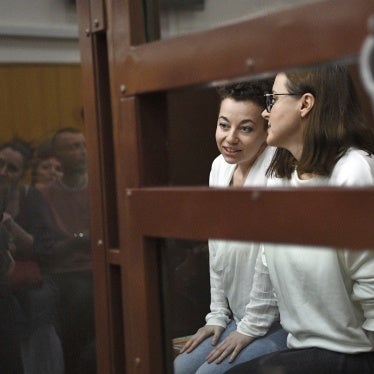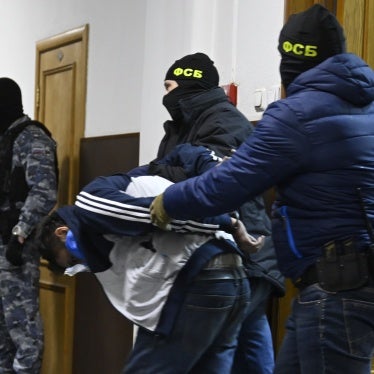Listening to the debate in Europe on the threat from the extremist group Islamic State (IS) and returning fighters feels like Groundhog Day. Its black-and-white presentation, the existential nature of the alleged threat, the notion that governments should stop at nothing in responding—these were all characteristic of the discussion on countering al-Qaeda, particularly in the wake of the 2004 Madrid and 2005 London attacks.
As an ordinary citizen it’s hard for me to judge how much of a threat IS poses in Europe. A former head of MI6 has pointed to its focus on the Middle East. But the prospect of weapons-trained, radicalised and traumatised European citizens returning from war zones to attack their home countries is undoubtedly terrifying, especially after last year’s brutal murder of the soldier Lee Rigby on the streets of London and the shooting at the Jewish museum in Brussels in May.
The threat of home-grown terrorism in Europe is hardly new. The Basque-separatist group ETA, the Irish Republican Army and Greece’s November 17 are but three examples of its long tradition. We also shouldn’t forget that the 2005 attacks in London were carried out by British citizens and long-term residents.
Such attacks prompted a large-scale effort to prevent radicalisation and recruitment. The 2006 UK counter-terrorism strategy emphasises “[e]ngaging in the battle of ideas—challenging the ideologies that extremists believe can justify the use of violence, primarily by helping Muslims who wish to dispute these ideas to do so”.
Around the same time, NATO forces were reflecting on the best ways to counter insurgent groups without alienating the civilian population. The 2006 US army counter-insurgency manual provides a good example. It observes that “when insurgents are seen as criminals, they lose public support” and cautions that “illegitimate actions” by the US (such as human-rights abuses) undermine short- and long-term counter-insurgency efforts.
Common to these approaches is the centrality of the battle for ‘hearts and minds’, with a recognition that abusive measures are counter-productive—since they reinforce al-Qaeda’s narrative that the US and European states are the enemies of Muslims, while undermining the legitimacy of those countries as committed to human rights and the rule of law. That core lesson seems to have been forgotten.
Many of the measures against IS, adopted or under consideration, are truly worrying. The UK can now strip people of citizenship on ‘national security’ grounds even if it leads to statelessness, while the Netherlands, Norway, and Denmark are considering powers to so treat dual nationals purportedly involved in terrorism. France, Germany and the UK confiscate passports to ban people from leaving their own country, with Germany planning additional measures toconfiscate national ID cards and the UK to block return for up to two years. The UK wants to be able to tell universities which speakers they are allowed to invite, while France has introduced over-broad website blocking. And the UK security services want to expand already rampant mass surveillance.
While we have yet to see evidence of a return to the dark days of torture and rendition of the last decade, that is where the logic of this approach leads. Yet the most effective way to combat terrorism while preserving core values remains the criminal-justice system. Prosecuting fairly those who present a threat undermines their legitimacy while upholding the rule of law. By contrast, pre-emptive measures in the absence of concrete evidence are open to abuse, including profiling based on religious or community identity, and reinforce a perception of double standards.
Terrorism is a tactic of the weak—asymmetric warfare designed to provoke a strategic over-reaction. When it succeeds, societies become more closed and rights are curtailed, especially for groups perceived to be associated with the threat. If European governments forget the hard-learned lessons of the last decade and return again to anything-goes, abusive measures, Europeans will be less safe, not more, and those who threaten will be the victors.
Benjamin Ward is deputy director of the Europe and Central Asia Division at Human Rights Watch.









